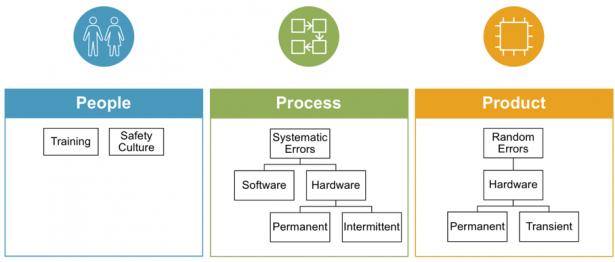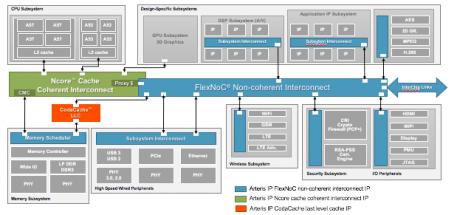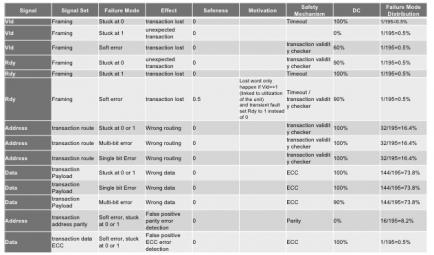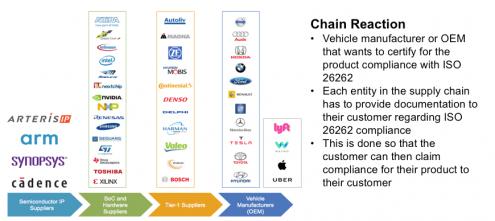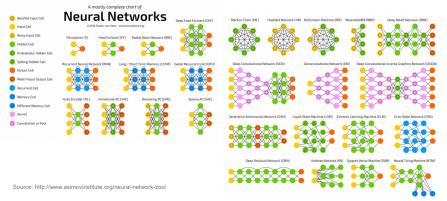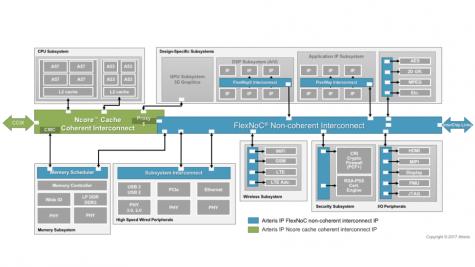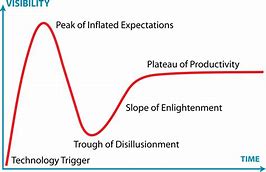Kurt Shuler, VP Marketing at Arteris IP, is pretty passionate that people working in the automotive supply chain should understand not just a minimalist reading of ISO 26262 as it applies to them but rather the broader intent, particularly as it is likely to affect others higher in the supply chain. As an active ISO 26262 working … Read More
Enabling Complex System Design Environment
Deterministic, yet versatile. Robust and integrated, yet user-friendly and easily customizable. Those are some desirable characteristics of an EDA solution as the boundaries of our design optimization, verification and analysis keep shifting. A left shift driven by a time-to-market schedule compression, while the process… Read More
A Last-Level Cache for SoCs
We tend to think of cache primarily as an adjunct to processors to improve performance. Reading and writing main memory (DRAM) is very slow thanks to all the package and board impedance between chips. If you can fetch blocks of contiguous memory from the DRAM to a local on-chip memory, locality of reference in most code ensures much… Read More
The Starting Point of Functional Safety Analysis
In the course of building my understanding of functional safety, particularly with respect to ISO 26262, I have developed a better understanding of the design methods used to mitigate safety problems and the various tools and techniques that are applied to measure the impact of those diagnostics against ASIL goals. One area in… Read More
ISO 26262: My IP Supplier Checks the Boxes, So That’s Covered, Right?
Everyone up and down the electronics supply chain is jumping on the ISO 26262 bandwagon and naturally they all want to show that whatever they sell is compliant or ready for compliance. We probably all know the basics here – a product certification from one of the assessment organizations, a designated safety manager and a few other… Read More
Safety in the Interconnect
Safety is a big deal these days, not only in automotive applications, but also in critical infrastructure and industrial applications (the power grid, nuclear reactors and spacecraft, to name just a few compelling examples). We generally understand that functional blocks like CPUs and GPUs have to be safe, but what about the … Read More
Machine Learning Neural Nets and the On-Chip Network
Machine learning (ML), and neural nets (NNs) as a subset of ML, are blossoming in all sorts of applications, not just in the cloud but now even more at the edge. We can now find them in our phones, in our cars, even in IoT applications. We have all seen applications for intelligent vision (e.g. pedestrian detection) and voice recognition… Read More
Connecting Coherence
If a CPU or CPU cluster in an SoC is the brain of an SoC, then the interconnect is the rest of the central nervous system, connecting all the other processing and IO functions to that brain. This interconnect must enable these functions to communicate with the brain, with multiple types of memory, and with each other as quickly and predictably… Read More
CES: An Exhibitor’s Takeaway
There are few tech promises these days as prominent as those surrounding driverless cars (trucks, buses, …). But thanks to always-on media amplifiers, it’s not always easy to separate potential from reality. I recently talked to Kurt Shuler, VP Marketing at Arteris, who shared his view after returning from this year’s CES. Kurt… Read More
Neural Networks Leverage New Technology and Mimic Ancient Biological Systems
Neural networks make it possible to use machine learning for a wide variety of tasks, removing the need to write new code for each new task. Neural networks allow computers to use experiential learning instead of explicit programming to make decisions. The basic concepts related to neural networks were first proposed in the 1940’s,… Read More


